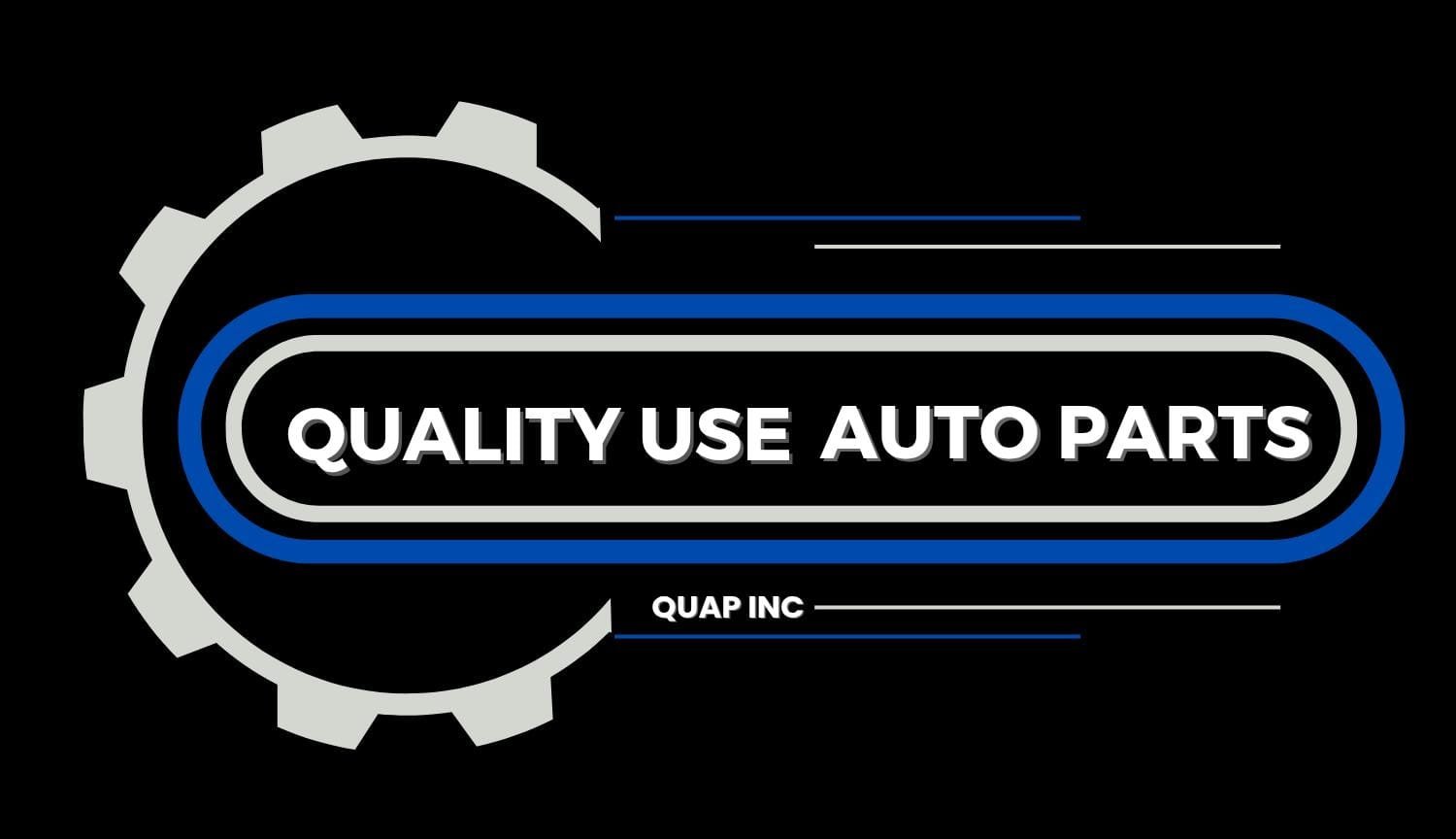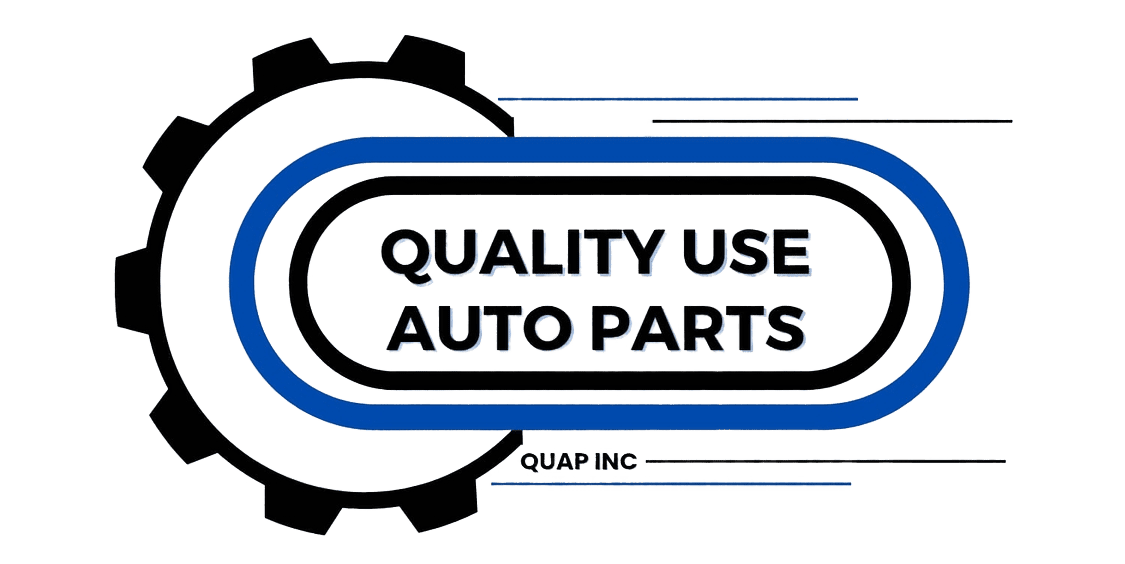The Ultimate Guide to Used Engines and Used Transmissions: Why and How to Buy Them
When it comes to vehicle repairs and upgrades, replacing your car’s engine or transmission can be one of the most expensive choices. However, buying used engines and transmissions is a cost-effective solution for many car owners. In this blog, we’ll explore the importance of used engines and transmissions, why they fail, why you should consider buying them, how to buy them, and what to check to ensure compatibility.
The Importance of Used Engines and Used Transmissions
1. Cost Savings:
Buying a used engine or transmission can save you up to 50% compared to purchasing brand new parts. This makes it an attractive option for car owners looking to save on repair or replacement costs, especially for older vehicles.
2. Availability:
For older or discontinued car models, finding new engines or transmissions can be nearly impossible. Used parts help keep these vehicles running longer, making them a viable option for people with classic cars or those whose vehicle has been discontinued.
3. Environmental Impact:
Purchasing used engines and transmissions contributes to reducing waste and lowering the demand for new manufacturing, which helps minimize the overall environmental impact of car part production.
Reasons for Engine and Transmission Failure
Understanding why your engine or transmission failed is crucial in preventing future issues and ensuring that the replacement parts you buy will last.
1. Wear and Tear:
Over time, engines and transmissions can simply wear out due to constant use. As parts within these components age, friction and stress can cause them to break down.
2. Overheating:
Engines that consistently overheat can suffer from severe damage, including warped cylinder heads, cracked blocks, or transmission failure due to fluid breakdown.
3. Lack of Maintenance:
Neglecting regular maintenance like oil changes or transmission fluid checks can significantly shorten the lifespan of these crucial components.
4. Contamination:
Dirty fluids, whether in the engine or transmission, can cause parts to clog, leading to poor performance and eventual failure.
Why Buy Used Engines and Used Transmissions?
1. Affordability:
The most compelling reason to buy a used engine or transmission is the cost savings. New engines and transmissions can cost thousands of dollars, while used parts are typically available for a fraction of the price, making them ideal for budget-conscious buyers.
2. Fast Availability:
Used parts are often readily available, especially for older or hard-to-find models. This can save you time and money compared to waiting for a new part to be shipped or manufactured.
3. Quality Assurance:
Reputable suppliers test their used engines and transmissions before selling them. Many offer warranties, so you can have peace of mind knowing that the part is in working condition.
How to Buy Used Engines and Used Transmissions
1. Choose a Reputable Seller:
Make sure to purchase used engines and transmissions from trusted sources like certified salvage yards or online suppliers with positive reviews. Reputable sellers will provide warranties and allow you to return or exchange defective parts.
2. Inspect the Part:
If possible, physically inspect the used engine or transmission before buying it. Check for signs of wear, leaks, rust, or damage. Ask the seller for service records, including any repairs made to the part.
3. Verify the Mileage:
Check the mileage on the engine or transmission. A lower mileage part will generally have more life left in it, but higher mileage parts can still be viable if they were well-maintained.
4. Check for Warranty:
A warranty is essential when purchasing a used engine or transmission. Make sure the seller offers a reasonable return period and a warranty that covers potential defects or failures.
5. Understand the Return Policy:
Before making a purchase, ask about the return policy. This is especially important if the part turns out to be incompatible or faulty after installation.
What to Check When Buying Used Engines and Used Transmissions
To ensure you’re getting the right used part, there are several key factors to check:
1. Compatibility:
Ensure that the engine or transmission is compatible with your car’s make, model, and year. This includes matching the engine size, transmission type, and even the vehicle’s specific configuration (e.g., automatic vs. manual transmission). A reputable seller will help you confirm compatibility.
2. Condition and Inspection:
Look for clear signs of damage or wear. Ask for a compression test or other diagnostic tests that prove the part is in good working order. An engine or transmission with visible damage may not be worth the investment, even if the price is lower.
3. VIN and Part Numbers:
Verify the Vehicle Identification Number (VIN) and part numbers to ensure the engine or transmission is the correct match for your vehicle. Cross-checking these details helps avoid compatibility issues.
4. Fluid Leaks:
Check for leaks in the used engine or transmission. Small leaks can indicate potential problems that might get worse over time. While minor leaks may be repairable, major leaks could signify more significant issues.
5. Warranty:
A warranty provides security when buying used parts. Make sure the warranty covers a sufficient period, ideally at least 30 to 90 days, depending on the part and supplier.
Making Sure of Compatibility
1. Match Engine Specifications:
When buying a used engine, verify that it matches your car’s specifications. Consider factors like the engine displacement, fuel type, and emission standards. The best way to ensure compatibility is to consult your vehicle’s manual or the manufacturer’s website.
2. Consider Transmission Types:
Transmissions come in various types, including automatic, manual, CVT, and dual-clutch. Ensure the replacement transmission matches your car’s original type and transmission code.
3. Double-Check ECU and BCM Compatibility:
The Engine Control Unit (ECU) and Body Control Module (BCM) may need to be reprogrammed when installing a used engine or transmission. Always check if these modules are compatible with your vehicle’s wiring system and software.
Conclusion
Purchasing used engines and transmissions can be an excellent solution for those looking to save money and extend the life of their vehicle. However, it’s important to do thorough research, ask the right questions, and ensure compatibility to avoid future issues. Whether you’re replacing a failed engine or transmission, buying used can provide you with a high-quality, cost-effective option, provided you follow these steps to ensure the part fits perfectly and functions well for years to come.
If you’re ready to buy used engines or transmissions for your vehicle, make sure to consult with a reputable seller who can guide you through the selection process, offer warranties, and ensure the parts are in good working condition. Don’t forget to check the compatibility of the parts before making your purchase to guarantee a smooth repair or upgrade!
Need Help with Used Engines and Used Transmissions? If you’re in the market for a Used Engines and Used Transmissions, Quality Use Auto Parts (QUAP) offers a wide selection of high-quality, thoroughly inspected used auto parts. Our experienced team is ready to help you find the perfect match for your vehicle’s needs. Visit our store now!








